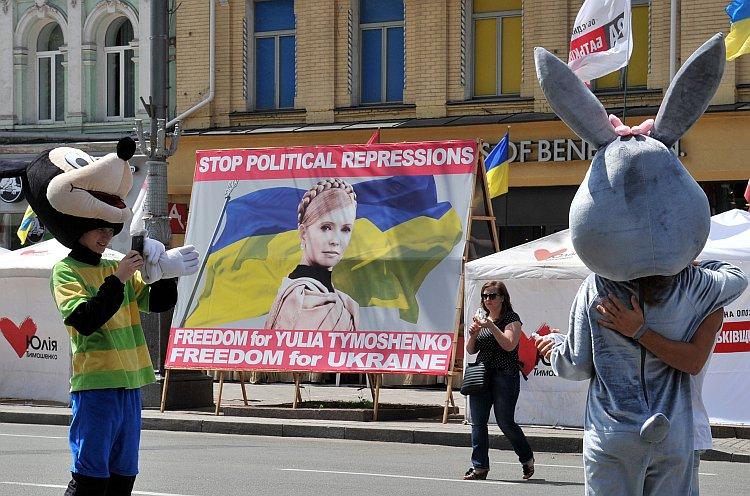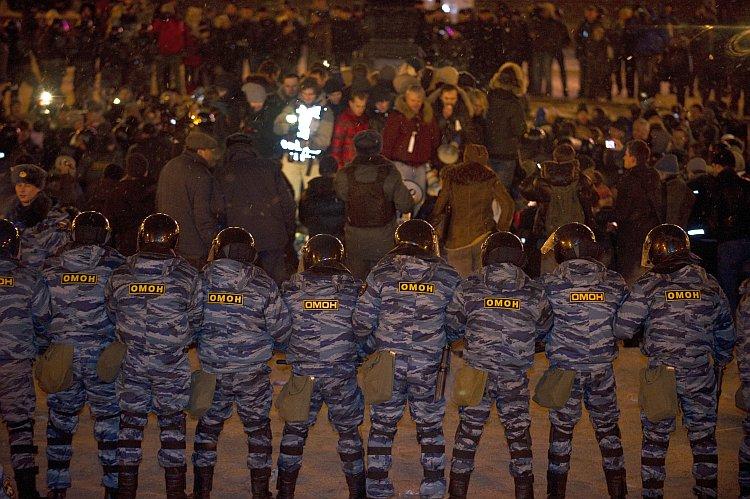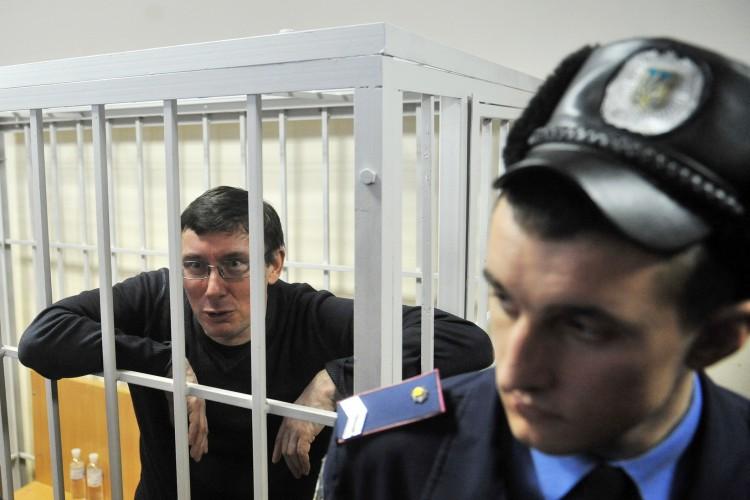Afghan President Hamid Karzai said that his government has been carrying out negotiations with Taliban representatives with the aim of ending the war in Afghanistan.
“We have been talking to the Taliban as countryman to countryman,” Karzai said in the interview with CNN.
The talks are not “regular official contact with the Taliban with a fixed address, but rather unofficial personal contacts have been going on for quite some time,” he said.
Karzai’s commentary has confirmed the reports, which circulated last week, saying that the discussion between Afghan officials, the Taliban, and Pakistani diplomats was being held in the country.
However, the Taliban has said that they will not talk about peace until all foreign troops leave Afghanistan.
Afghan and U.S. officials want the Taliban to give up violence and their links to al-Qaeda as well as respect the country’s legal system.
Earlier, Kabul appointed Afghanistan’s former president, Burhanuddin Rabbani, as the head of High Peace Council to manage peace talks with insurgents. The council also includes warlords and former presidents, regional politicians, and former Taliban fighters.
“Now that the peace council has come into existence, these talks will go on, and will go on officially and more rigorously, I hope,” Karzai said.
In turn, Aziz Rafiee, the director of the Afghan Civil Society Forum, has told Reuters that members the council were opposed to each other and “were actually killing each other.”
One investigation found similar conclusions—that corruption rings involving warlords, strongmen, commanders, and Afghan officials “appear to risk undermining the U.S. strategy for achieving its goals in Afghanistan,” says a June report from the Subcommittee on National Security and Foreign Affairs Committee on Oversight and Government Reform.
Security in Afghanistan this year has been the worst since the demise of the Taliban regime in late 2001 despite the presence of 150,000 foreign troops, The Afghanistan Rights Monitor reported.
“I hope the United States of America and our other allies will help us through good means so we can reassure the Afghan people that this partnership is staying and that Afghanistan will emerge out of this current transition into a better country,” the Afghan president added.
“We have been talking to the Taliban as countryman to countryman,” Karzai said in the interview with CNN.
The talks are not “regular official contact with the Taliban with a fixed address, but rather unofficial personal contacts have been going on for quite some time,” he said.
Karzai’s commentary has confirmed the reports, which circulated last week, saying that the discussion between Afghan officials, the Taliban, and Pakistani diplomats was being held in the country.
However, the Taliban has said that they will not talk about peace until all foreign troops leave Afghanistan.
Afghan and U.S. officials want the Taliban to give up violence and their links to al-Qaeda as well as respect the country’s legal system.
Earlier, Kabul appointed Afghanistan’s former president, Burhanuddin Rabbani, as the head of High Peace Council to manage peace talks with insurgents. The council also includes warlords and former presidents, regional politicians, and former Taliban fighters.
“Now that the peace council has come into existence, these talks will go on, and will go on officially and more rigorously, I hope,” Karzai said.
In turn, Aziz Rafiee, the director of the Afghan Civil Society Forum, has told Reuters that members the council were opposed to each other and “were actually killing each other.”
One investigation found similar conclusions—that corruption rings involving warlords, strongmen, commanders, and Afghan officials “appear to risk undermining the U.S. strategy for achieving its goals in Afghanistan,” says a June report from the Subcommittee on National Security and Foreign Affairs Committee on Oversight and Government Reform.
Security in Afghanistan this year has been the worst since the demise of the Taliban regime in late 2001 despite the presence of 150,000 foreign troops, The Afghanistan Rights Monitor reported.
“I hope the United States of America and our other allies will help us through good means so we can reassure the Afghan people that this partnership is staying and that Afghanistan will emerge out of this current transition into a better country,” the Afghan president added.



